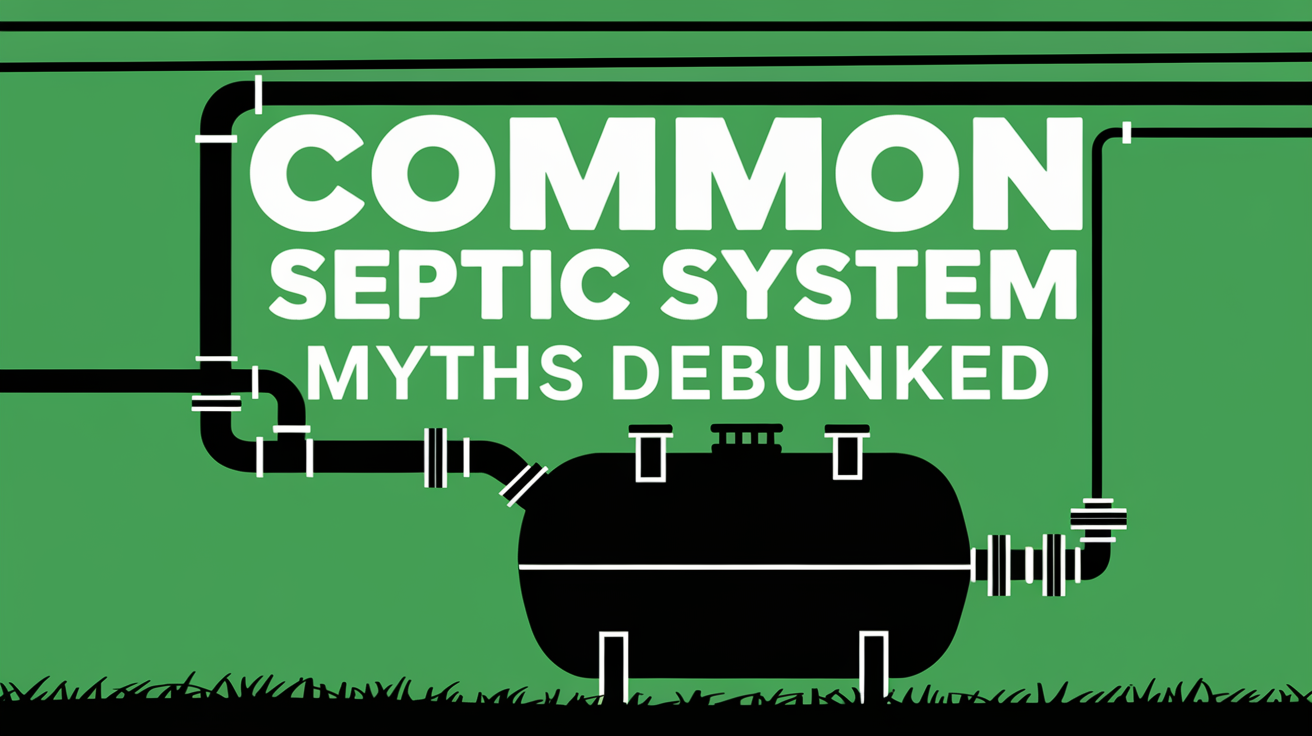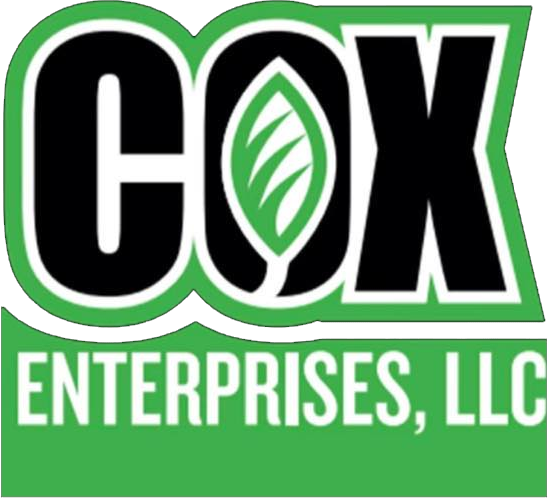Septic systems play a crucial role in managing wastewater for many homes and businesses, especially in areas without access to centralized sewer systems. Despite their widespread use, there are still many misconceptions surrounding septic systems that can lead to improper maintenance and costly repairs. In this article, we’ll debunk five common septic system myths and provide accurate information to help you better understand and care for your system.

Myth 1: Septic Systems Require No Maintenance
One of the most pervasive myths about septic systems is that they are self-sufficient and require no maintenance. This couldn’t be further from the truth. Like any other component of your home, septic systems need regular care and attention to function properly and avoid costly failures.
Regular maintenance tasks for septic systems include:
- Pumping the tank every 3-5 years, depending on usage and household size
- Inspecting the system annually for signs of leaks, clogs, or other issues
- Protecting the drain field from damage by avoiding driving or parking on it
- Conserving water to avoid overloading the system
By following a consistent maintenance schedule and addressing issues promptly, you can extend the life of your septic system and prevent expensive repairs or replacements.
Myth 2: Additives Eliminate the Need for Pumping
Another common misconception is that using septic tank additives can eliminate the need for regular pumping. While some additives claim to break down sludge and scum, reducing the frequency of pumping, the truth is that these products are largely ineffective and can even harm your septic system.
In reality, the bacteria naturally present in your septic tank are sufficient to break down waste effectively. Adding unnecessary chemicals or additives can disrupt the delicate balance of your system and lead to clogs, backups, or even premature system failure.
Instead of relying on additives, focus on proper maintenance practices, such as:
- Pumping your tank on a regular schedule
- Avoiding the use of harsh chemicals or antibacterial products
- Spreading out laundry and dishwasher loads to avoid overloading the system
By following these best practices, you can keep your septic system functioning optimally without the need for questionable additives.
Myth 3: Septic Systems Lower Property Value
Some homeowners believe that having a septic system can lower their property value compared to homes connected to a municipal sewer system. However, this is not necessarily true. A well-maintained septic system can actually be an asset to your property, as it demonstrates responsible upkeep and can offer more flexibility in remote or rural areas.
In fact, many buyers appreciate the independence and cost savings that come with a properly functioning septic system. By investing in regular maintenance and keeping accurate records of repairs and pumping, you can showcase your septic system as a valuable feature of your property.
Additionally, as more homeowners become interested in eco-friendly and self-sufficient living, septic systems can be seen as a sustainable alternative to centralized sewer systems, which can be energy-intensive and contribute to water pollution.
Myth 4: You Can Flush Anything Down the Toilet
One of the most damaging myths about septic systems is that you can flush anything down the toilet without consequence. In reality, there are many items that should never be flushed, as they can clog pipes, damage the septic tank, and contaminate the drain field.
Items to avoid flushing include:
- Non-biodegradable products like plastics, baby wipes, and cat litter
- Harsh chemicals, paints, or solvents
- Cooking grease or oil
- Pharmaceuticals or other medications
- Excessive amounts of toilet paper or paper towels
By being mindful of what you flush and disposing of waste properly, you can protect your septic system from damage and avoid costly repairs.
Myth 5: Septic Systems Are Outdated Technology
Finally, some people believe that septic systems are an outdated technology that can’t keep pace with modern wastewater management needs. However, this is far from the truth. While the basic principles of septic systems have remained the same for decades, there have been many advancements in design, materials, and treatment methods that make modern septic systems more efficient and eco-friendly than ever before.
Some examples of modern septic system innovations include:
- Aerobic treatment units that use oxygen to break down waste more efficiently
- Alternative drain field designs, such as mound systems or sand filters, that can adapt to challenging site conditions
- Recirculating sand filters that provide additional treatment before releasing wastewater back into the environment
By embracing these advancements and working with experienced septic professionals, you can ensure that your septic system remains a reliable, sustainable, and cost-effective wastewater management solution for years to come.
Conclusion
Separating fact from fiction is essential when it comes to understanding and caring for your septic system. By debunking these common myths and following best practices for maintenance and use, you can keep your septic system functioning optimally, protect your property value, and avoid costly repairs.
Remember, regular maintenance is key to septic system health. For more tips on keeping your system in top shape, check out our article on “Septic System Maintenance 101: Tips for Keeping Your System Healthy and Avoiding Costly Repairs.”

